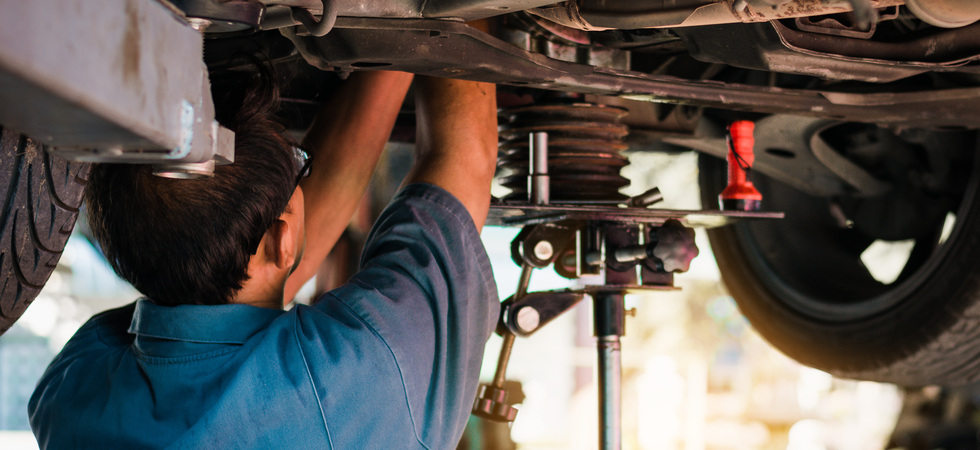Annual Car Maintenance Tips You Shouldn’t Ignore
Regular car maintenance is critical for keeping your vehicle safe, reliable, and efficient. Skipping necessary checkups may lead to costly repairs or even safety risks.
By incorporating simple, annual inspections and care, you can significantly prolong the life of your car while avoiding unexpected issues. Here are some great, simple annual car maintenance tips you shouldn’t ignore.
Check and Change Your Oil
Engine oil is important for properly lubricating components, preventing friction, and ensuring smooth performance. Over time, oil accumulates dirt and debris, reducing its effectiveness. Skipping oil changes can result in engine damage or reduced fuel efficiency.
Most car experts recommend changing your oil every 5,000 to 7,500 miles or as directed by your car manufacturer. Regular oil checks during your annual maintenance also allow you to monitor the oil’s condition and spot potential issues early.
Inspect and Rotate Tires
Your tires play a crucial role in ensuring handling, safety, and fuel efficiency. Over time, uneven tire wear can diminish performance and even lead to blowouts. Rotating your tires as part of annual maintenance ensures even wear, extending their lifespan and improving safety.
Also, check tire pressure regularly, as incorrect levels can lead to decreased mileage or poor handling, especially in wet conditions. Tires that may seem fine at first glance could be hiding wear issues that rotation and inspection will uncover.
Prioritize Brake Inspections
Your brake system is directly tied to your safety on the road. Worn brake pads or reduced brake fluid can compromise your car’s ability to stop effectively. During annual maintenance, complete a thorough inspection of brake pads, rotors, and fluid levels.
One common misconception is that issues with automotive electrical connectors rarely impact brakes. This myth should be debunked since faulty connectors can disrupt electronic brake systems and lead to malfunctions. Addressing such components during inspections ensures your brakes operate at peak performance year-round.
Fluid Check and Top-Up
Your car relies on various fluids to operate efficiently, including coolant, transmission fluid, and brake fluid. Low or degraded fluids lead to overheating, poor transmission performance, or compromised braking power.
Your yearly maintenance routine should include checking these fluid levels and topping them off or replacing them as necessary. Coolant, for example, prevents engines from overheating during hot months and freezing during winter. Make this step a nonnegotiable part of your car’s upkeep.
Replace Your Air Filter
A dirty air filter can restrict airflow to your engine, decreasing efficiency and potentially lowering fuel economy. Air filters should typically be replaced every 12 months or 12,000 miles, though the timeline may vary depending on driving conditions.
A clogged air filter can also reduce the air quality inside your vehicle’s cabin. Replacing it annually ensures that dirt, debris, and allergens stay out, increasing comfort and performance.
Annual maintenance keeps your car roadworthy, boosts its resale value, and saves you money by preventing severe mechanical failures. A consistent checkup schedule establishes peace of mind, knowing you’ve taken the necessary steps to ensure your car’s longevity and performance.

